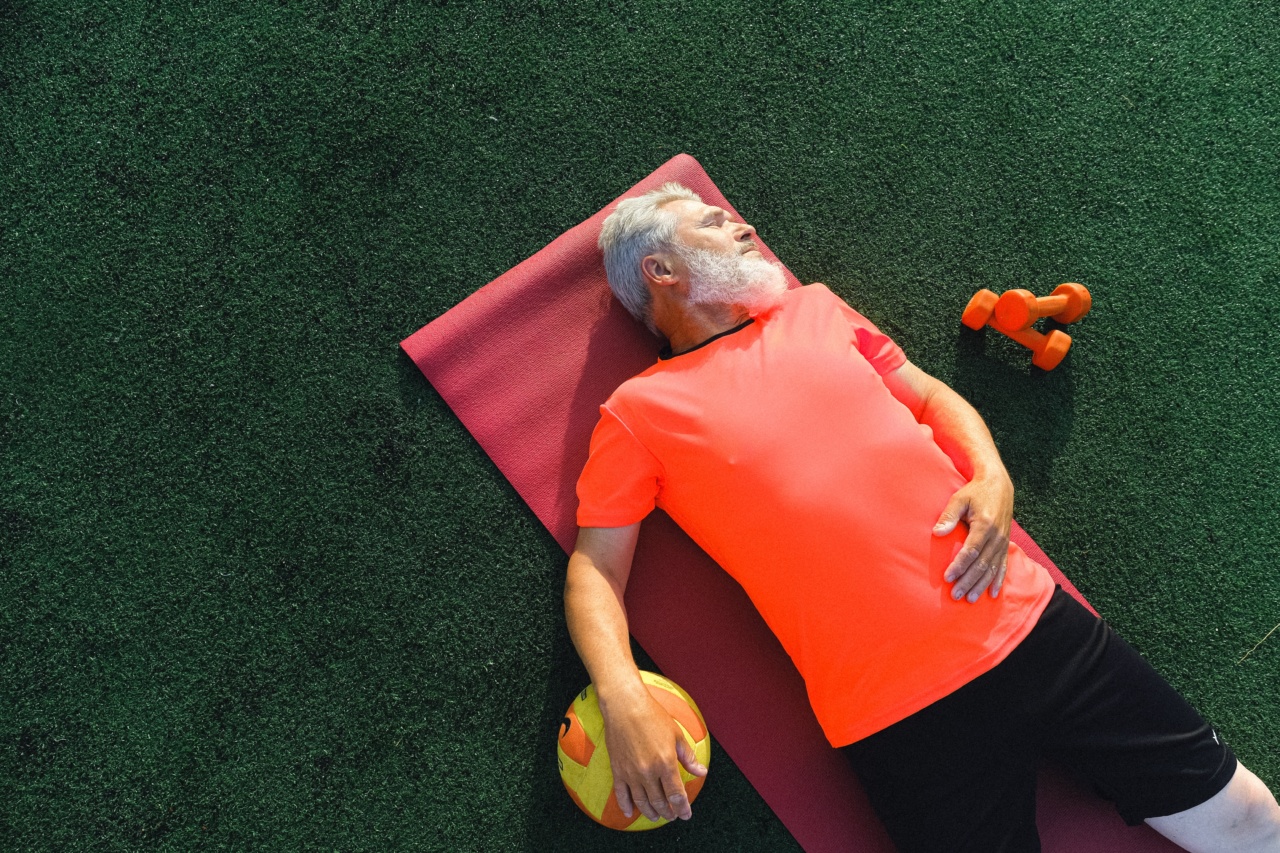Our eyes are one of the most important parts of our body. They allow us to see the world around us, to appreciate the beauty of nature, and to engage in the activities that make life worth living.
Unfortunately, many of us take our eyes for granted, assuming that they will always be there for us, no matter what. However, just like any other part of our body, our eyes need care, attention, and protection in order to remain healthy and strong. Here are some tips on how to keep your eyes in top condition:.
Protect Your Eyes from the Sun
Most of us know that we need to apply sunscreen in order to protect our skin from the harmful rays of the sun. However, we often forget about protecting our eyes as well.
Prolonged exposure to UV rays can increase your risk of developing cataracts, macular degeneration, and other eye problems. That’s why it’s essential to wear sunglasses that block out 100% of UV rays whenever you go outside during the day. Also, be sure to wear a hat that shades your face and eyes.
Take Regular Breaks from Screen Time
In today’s digital age, we spend more and more time staring at screens, whether it’s a computer, a tablet, or a smartphone.
While these devices make our lives more convenient and productive, they can also cause eye strain, dryness, and irritation, known as Computer Vision Syndrome (CVS). To prevent CVS and other screen-related eye problems, take regular breaks from your device every 20 minutes. Look away from the screen, blink frequently, and focus on something in the distance for a few seconds to allow your eyes to rest and refresh.
Eat a Balanced Diet
What you eat can also affect your eye health. Studies have shown that a diet rich in antioxidants, vitamins, minerals, and omega-3 fatty acids can reduce the risk of developing certain eye diseases such as macular degeneration and cataracts.
Some of the best foods for your eyes include leafy greens, carrots, sweet potatoes, citrus fruits, berries, nuts, eggs, fish, and lean meat. Also, drink plenty of water to keep your eyes hydrated and flush out toxins.
Quit Smoking
Smoking is not only harmful to your lungs and heart but can also harm your eyes. Smokers are more likely to develop floaters, age-related macular degeneration, cataracts, and other eye diseases than non-smokers.
Nicotine and other harmful chemicals in cigarettes can damage the blood vessels and cells in your eyes, reducing blood flow and oxygen to the eye tissues. Therefore, if you’re a smoker, quitting is the best gift you can give to your eyes and your overall health.
Exercise Regularly
Regular exercise not only strengthens your muscles, bones, and heart but also benefits your eyes. Exercise helps to improve blood circulation, reduce inflammation and prevent obesity, which are all risk factors for eye diseases.
Moreover, exercise also helps to manage diabetes, high blood pressure, and other chronic conditions that can affect your eyes. Therefore, aim for at least 30 minutes of moderate-intensity exercise such as walking, cycling, swimming, or yoga, five times a week.
Get a Comprehensive Eye Exam
One of the most important things you can do for your eyes is to have a comprehensive eye exam by a licensed optometrist or ophthalmologist.
Many eye diseases such as glaucoma, diabetic retinopathy, and age-related macular degeneration have no symptoms in the early stages, making routine eye exams crucial for early detection and treatment. During an eye exam, your eye doctor will check your vision, eye muscle coordination, visual acuity, and other eye health factors to ensure that your eyes are healthy and strong.
Practice Proper Eye Safety
Whether you’re playing sports, doing DIY projects, or working with hazardous materials, proper eye safety is essential to prevent eye injuries and vision loss.
Some tips for eye safety include wearing protective eyewear such as goggles, safety glasses or face shields, avoiding rubbing or touching your eyes, washing your hands frequently, and following the instructions when using contact lenses and eye drops. Also, seek emergency medical care if you experience sudden vision loss, eye pain, or any other eye-related symptoms.
Manage Your Stress
Finally, stress can also affect your eye health and vision. Chronic stress can cause high blood pressure, diabetes, and other conditions that can harm your eyes. Moreover, stress can also cause eye strain, blurry vision, and dry eyes.
Therefore, it’s essential to manage your stress levels by practicing relaxation techniques such as deep breathing, meditation, yoga, or by engaging in activities that you enjoy. Getting enough sleep, social support, and maintaining a positive outlook can also help to reduce stress.
Conclusion
In conclusion, our eyes are precious, and we need to take good care of them to maintain healthy and strong vision. By following these tips, you can reduce your risk of developing eye problems and improve your overall quality of life.
Remember, your eyes are the windows to your soul, treat them with the care and respect that they deserve.



























